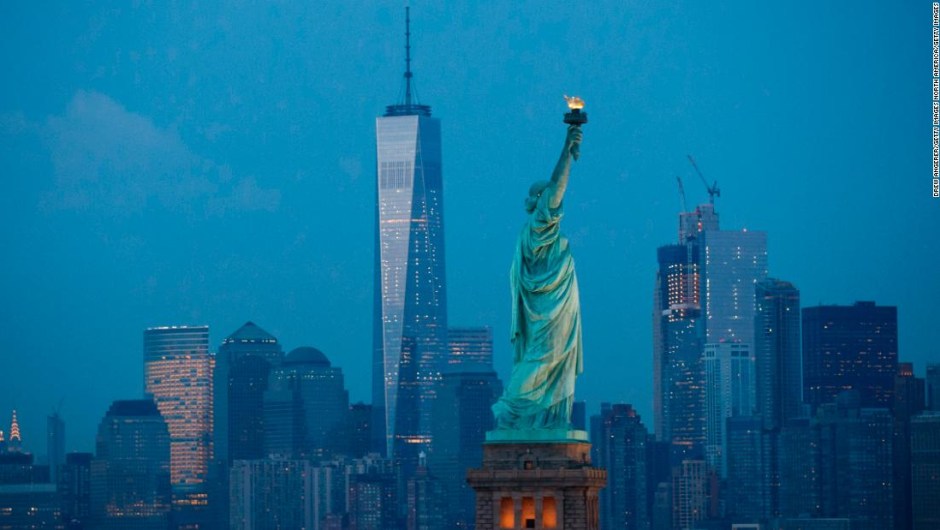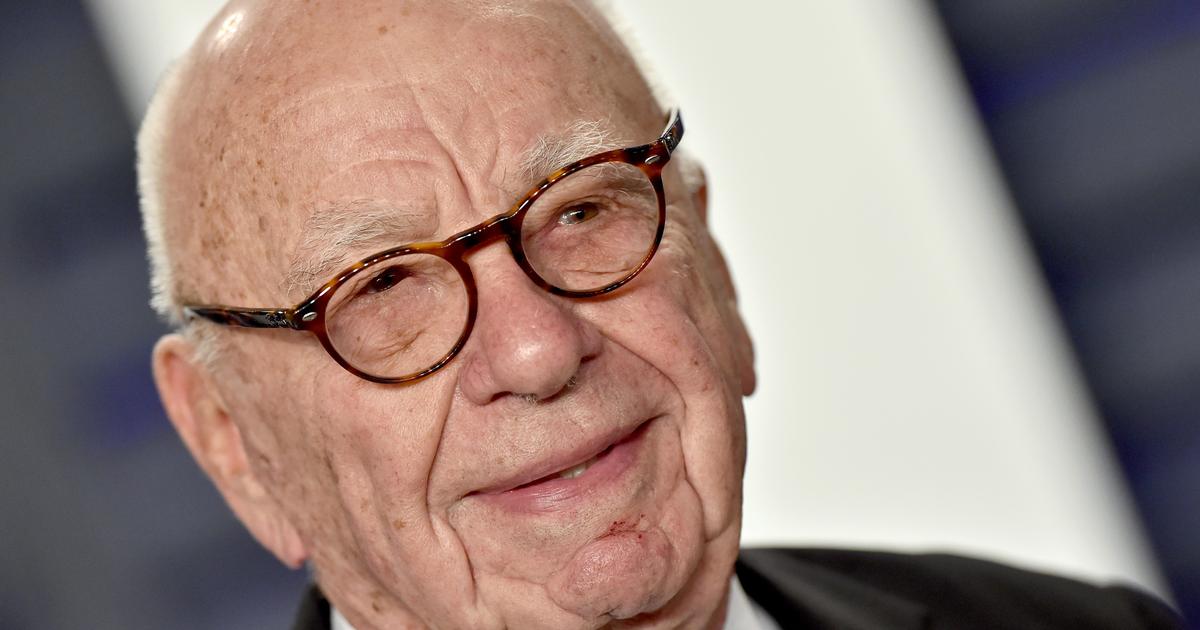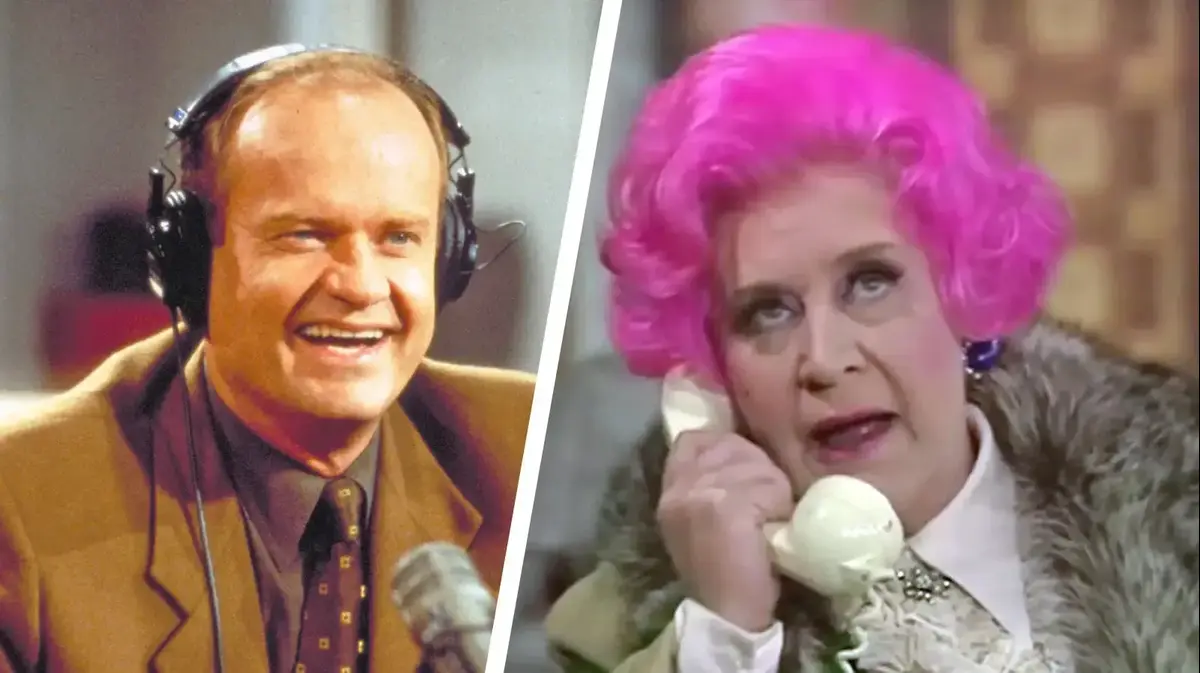Editor's Note: Jeffrey D. Sachs is a professor and director of the Center for Sustainable Development at Columbia University. The opinions expressed in this comment are the author's own; See more opinion pieces at cnne.com/opinion
(CNN) - In the great urban debate between the co-owner of the Stand Up NY comedy club on New York City's Upper West Side and his best stand up act, the comedian wins the debate hands down. Jerry Seinfeld makes it clear: he will never leave New York. And since he won't do it, we won't.
(In full transparency: my daughter and I once watched froze as Jerry Seinfeld gave an absolutely hilarious impromptu performance in front of a couple dozen customers at Zabar's fish counter, around the corner from the comedy club. None of the attendees that Sunday morning several years ago could dream of leaving NYC, as hope is eternal for a repeat performance.)
NYC will survive the covid-19 pandemic, as it did the 1918-19 flu epidemic, September 11, and other calamities. And as Seinfeld rightly points out, so will other great cities like Rome, which after all became known as the Eternal City (Roma Aeterna) in the 1st century BC.
The world today is 56% urbanized and the UN expects the continued increase in urbanization to reach 68% of the world's population living in cities by 2050. I think it will be even higher.
There are three reasons. First, from a historical perspective, Covid-19 will soon disappear. Maybe in a year, maybe three, but it won't be with us forever. New York City has suppressed transmission to about 260 cases a day, down from an average daily high of more than 5,000 in mid-April.
With 8.3 million people in New York, that's about 34 cases per million per day, compared to more than 600 cases per million per day a few months ago. We can and should cut that 10 times in the coming weeks, as in several countries in Asia and the Pacific. Sure, there will be other pandemics, as there have been in the past. If we are more careful and better prepared, as we should have been, they will not disrupt daily life like this one has.
Second, cities are more productive, except for farms. Therefore, the greatest driver of urbanization in human history is the productivity of agriculture. When a farmer feeds a household, each worker must be a farmer. When a farmer feeds about 100 households, as in the US, less than 2% are farmers and the rest do other things, almost all of which are better done in cities.
Third, people really like cities. Services are much better, entertainment is much more varied (with Seinfeld and all), and violent crime rates in American cities have plummeted, albeit with a peak this year.
Urban health in the US and elsewhere improved dramatically a century ago with the introduction of public health measures such as mass vaccinations, sewage, and drinking water systems, which dramatically reduced wastewater and illnesses associated with overcrowding. Yes, covid-19 was transmitted earlier and faster in densely populated places like New York City, but unfortunately, the virus is also spreading dangerously in rural areas, which are also burdened by vulnerable older populations with conditions. health conditions (such as high blood pressure and obesity) and living farther from hospitals.
In stating that New York City is done, James Altucher argues that technologies from anywhere in the digital age will destroy office towers and central cities, cascading damage to city life. I think the situation is somewhat more prosaic: rents will go down, property prices will go down, business premises will be converted. New York is where meatpacking plants turned into high-end art galleries, clothing factories turned into posh hotels, and a former railroad branch turned into the much-loved outdoor, residential and commercial walkway. of the High Line. Reuse is what cities do.
Altucher certainly raises some pertinent questions. New York, like all parts of the world, will be revolutionized by the digital age. A large part of the workforce will work from home at least part of the week. Hundreds of thousands of travelers will be happy to do without the trips to the city center offices, which can take an hour or two each way. They will come perhaps one or two days a week, and at staggered schedules. We won't have banks on every corner (thank goodness) because consumer banking will be online. Thousands of retail businesses will not return because e-commerce is truly more convenient and efficient. By next year, the number of empty street fronts will be staggering, depressing indeed.
But then commercial and residential rents will drop. They are already down maybe 5-10% and there is more to come. Mortgage rates are at record lows, with 30-year mortgages below 3%. The unaffordable prices that were recently driving young people out of New York City will turn into bargain prices that will drive them back in. Stodgy Midtown offices will be converted into new start-ups. The city will become younger, not older, occupied by a young generation that mixes the digital, the physical, the emerging, the residential and leisure.
Rest assured: there is a reckoning ahead, not between urban and rural, where urban will prevail, but between the super-rich and the rest. The shocking reality of covid-19 is that the super-rich have become incredibly wealthier, unimaginably, during the pandemic. The rising stock market coupled with unemployment during the Great Depression is just what it sounds like - the most dramatic redistribution of income from the poor to the rich in American history. With tech stocks on the rise, for example, Jeff Bezos, Mark Zuckerberg and Elon Musk have seen their combined net worth increase by $ 197 billion since the beginning of the year, while tens of millions of Americans have been plunged into despair. financial and hunger.
- MORE: Jeff Bezos Now Has An Incredible $ 200 Billion Wealth
New York has more billionaires than any other city in the world: 111 in 2019. They like New York, just like the rest of us. They depend on New York for their vast fortunes. And many have enjoyed incredible windfall gains this year as the frontline workers around them have died or faced eviction. The real challenge for New York City is not technology or the pandemic. It's basic decency. A city survives and thrives as a breathing social organism, acting together for the common good. Billionaires must be the highest taxpayers to keep the city's schools, hospitals, public transportation and social services running as New York recovers from the crisis.
New York









